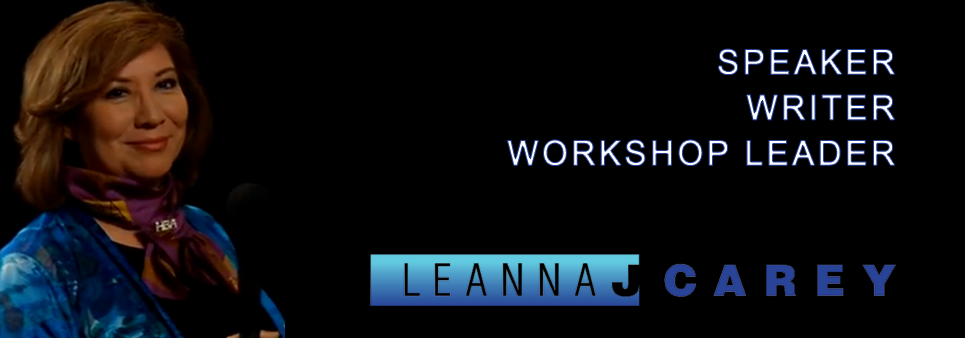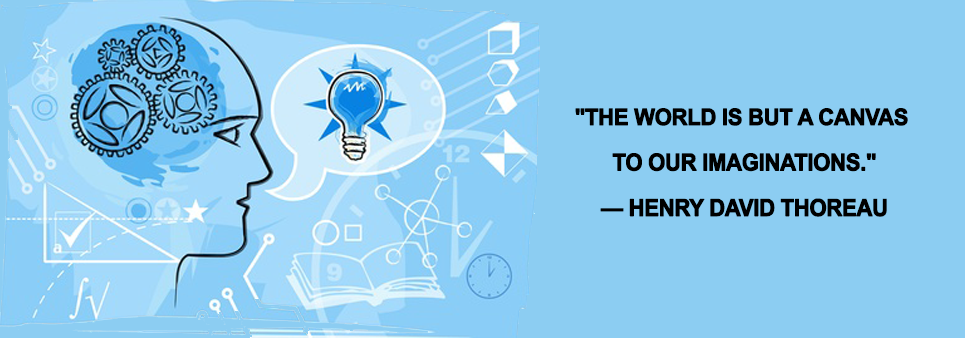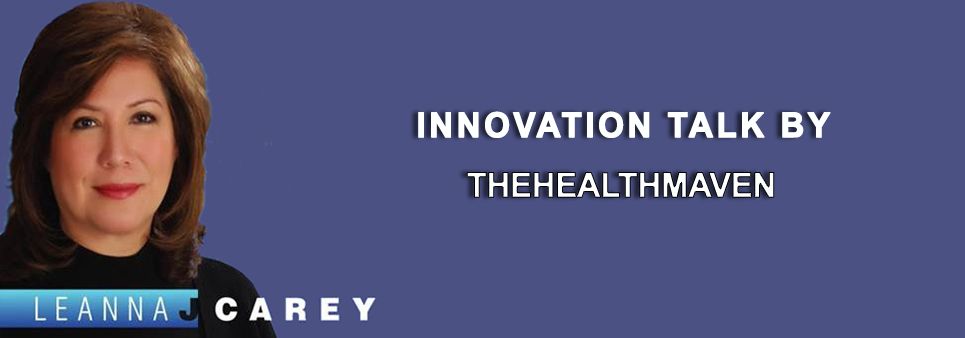Like many engaged on twitter, I am saddened by the news of Steve Jobs death. Minutes after the story broke, I reached out to my good friend Ken Rosen (@ken_rosen), who had worked for Jobs, and he admitted that he was taking the news harder than expected. Harvard Business Review (#hbrchat) created a memorial page and dedicated the regular Thursday time slot to discuss his legacy. The one comment that I must acknowledge from tweep, @IanGertler:
“Gertler, is right, hospital systems, nurses, physicians, medical offices, and patients are interacting differently due to one man’s vision of technology as the ultimate enabler.”
I recently had a conversation with a physician entrepreneur on how to launch a new product to market and which strategy would provide the best trajectory. It was interesting that the conversation centered on how to avoid the product from being co-opted by a current system. Jobs would have been proud because this discussion centered on how to be truly disruptive to provide a product that is simpler and affordable.
More physicians using smart phone apps or PDA devices that enable faster and better decision making is another example of how Jobs impact on healthcare has been transformative. In fact, Chris Wasden, Strategy and Innovation Practice Managing Director PwC, predicts that business models will evolve into three main categories: operational/clinical business model, consumer products and services model, and infrastructure business models. The point is that disciplined healthcare stakeholders are thinking differently and taking innovative solutions out for a test run. .
Further, I would venture to say that the emerging business models creating optimistic value propositions are solutions that have increased communication among the healthcare team, or provided tools to change patient and consumer health behavior. Whether from the pharmaceutical, medical devices, or electronic medical records industries, the growth from disruptive technology can most likely be traced back to Steve Jobs in some way, because he understood how to manage the present while inventing the future
So, for the next couple of days, no whining about the slow moving healthcare sector, or how policy makers create challenges – let’s remember Steve Jobs and his legacy. Those in healthcare are uniquely positioned and have the perfect vantage point to come up with solutions – we see through multiple lens: innovators, entrepreneur, provider, consumer and more. If Steve Jobs were sitting next to you, what innovation would you talk to him about? He was about looking to the future and defined innovation. For me, I will always equate his name with possibilities…
Resources: What Steve Jobs Taught Me About Growth, Nilofer Merchant, HBR blog September 22, 2011




